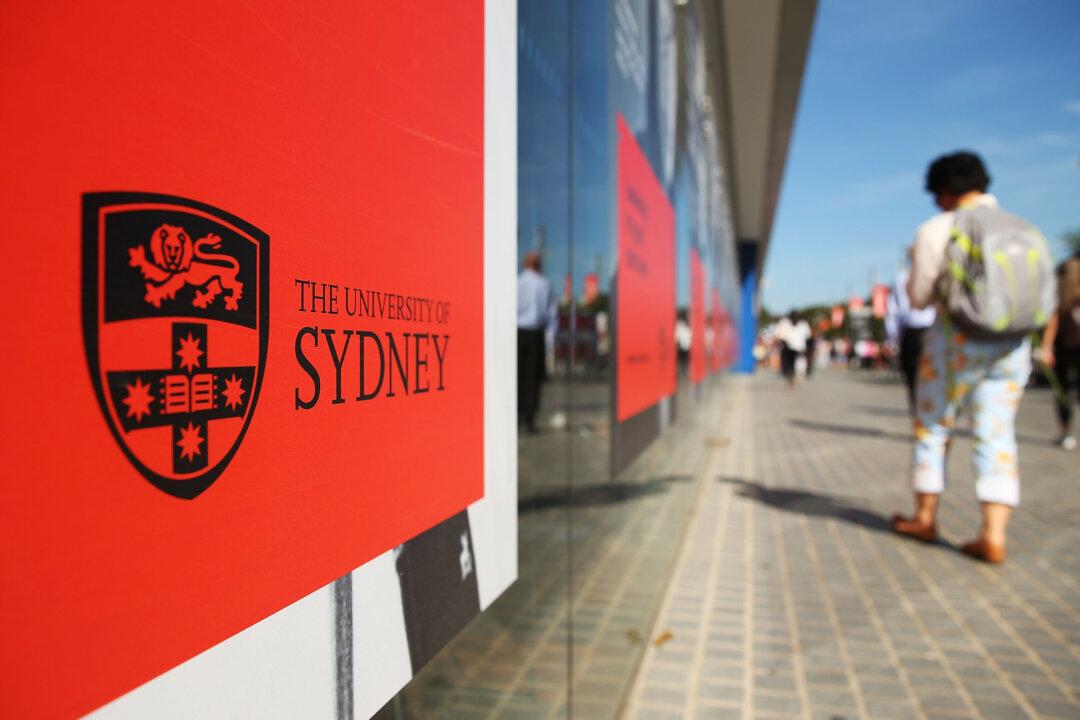Australian Greens Senator Mehreen Faruqi has called on the University of Sydney to hand back money from the gambling industry following its announcement of a new gambling research centre, which she alleges is funded by the industry.
The Sydney University announced the new research centre, Centre of Excellence in Gambling Research (CoEGR), on Aug. 14, stating that it was made possible via a $600,000 (US$384,681) funding grant from the International Center for Responsible Gaming (ICRG), a global leader in research and education on gambling disorder and responsible gambling.




